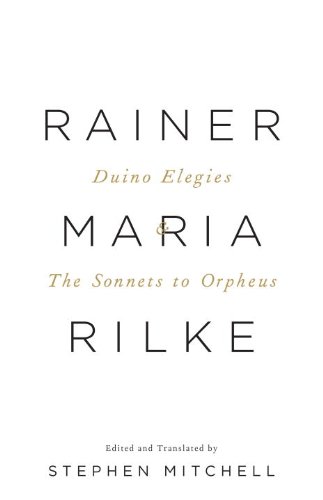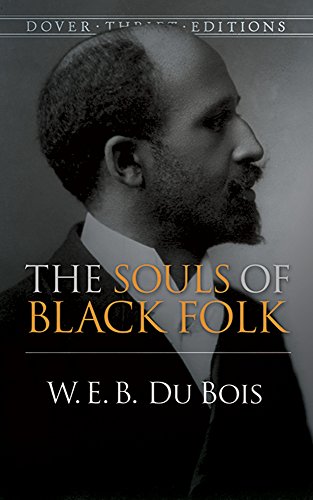The introduction to my edition of Rilke's poetry states that entire books have been written solely about Rilke's Duino Elegies; if that's not a deterrent to reading poetry, I don't know what is, and that's coming from someone who is reading War and Peace for really unironic fun. But in keeping with my Reading Resolutions to both read more poetry and read more academic texts that I missed out on as an undergrad, I read the Duino Elegies all the same, knowing full-well that I was certainly missing something, but enjoying the experience all the same.
For one thing, you can read all ten elegies in a sitting, making this a relatively painless undertaking. I didn't study German in school, but I took a crash course on reading in college to help with my senior thesis research, and I still enjoy reading German whenever I get the chance (which is not often), especially something like this with a more archaic vocabulary. This is not any kind of humble brag because my German is terrible, but my point is that having the German and English texts side by side was actually quite engaging, and if you have even the most basic understanding of German, I recommend this style of translation.
Following Duino Elegies, I read Sonnets to Orpheus, which reminded me precisely why I've struggled with poetry in the past; after each sonnet I felt a surge of panic and guilt -- panic that I wasn't "feeling" profoundly enough, and guilt that maybe I could have read the poem "better." The point of this exercise, though, is to get over that feeling, or at least gain the ability to push through it and find my own way of enjoying the poetry. Confidence as a poetry-reader is probably too lofty a goal to shoot for, but maybe someday I'll get there.
An interesting tidbit from Wikipedia: Rilke is apparently extremely popular because he's been adopted by many in the New Age world. I can't even really express how little I understand this.


